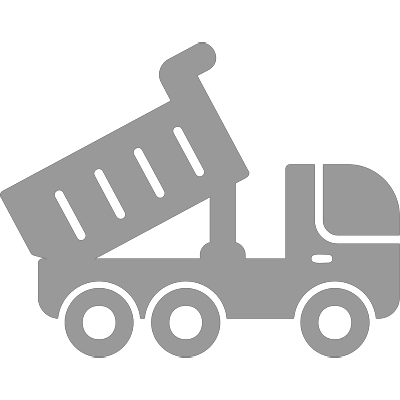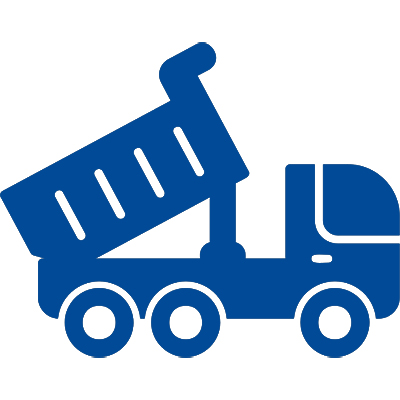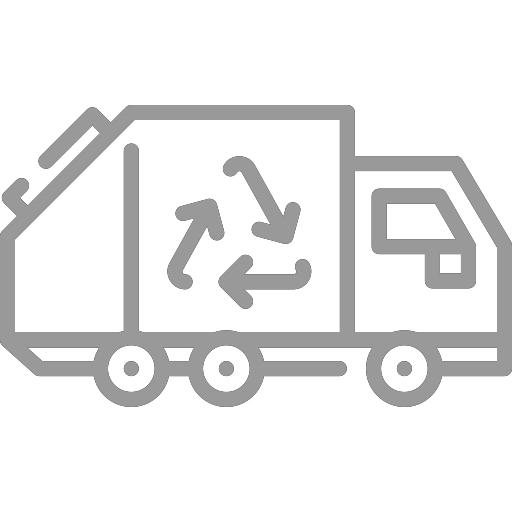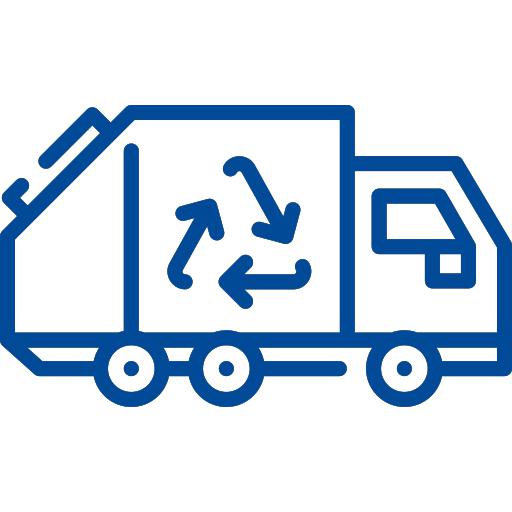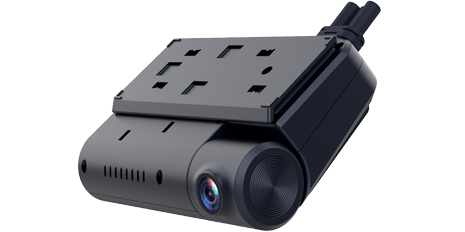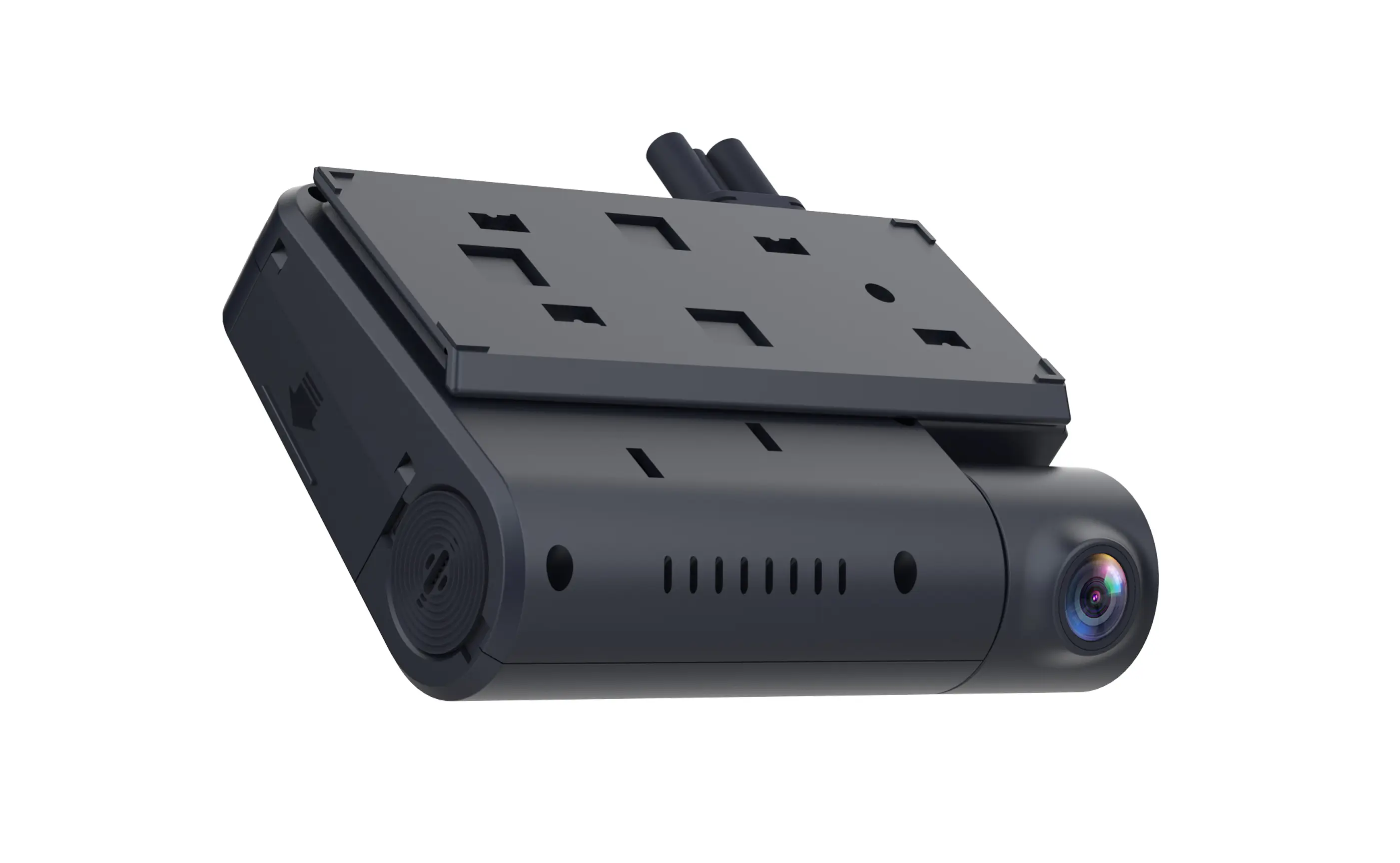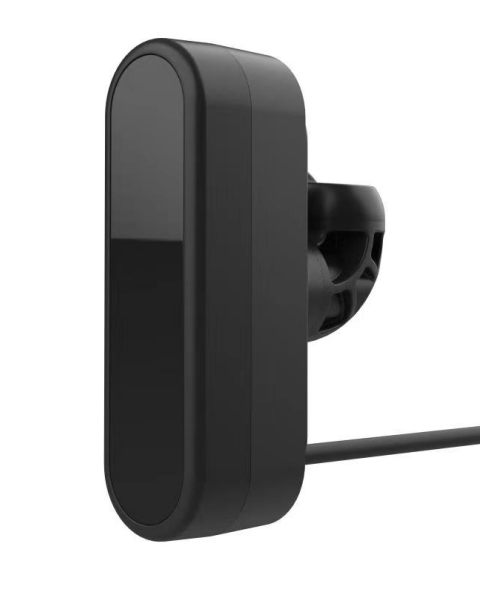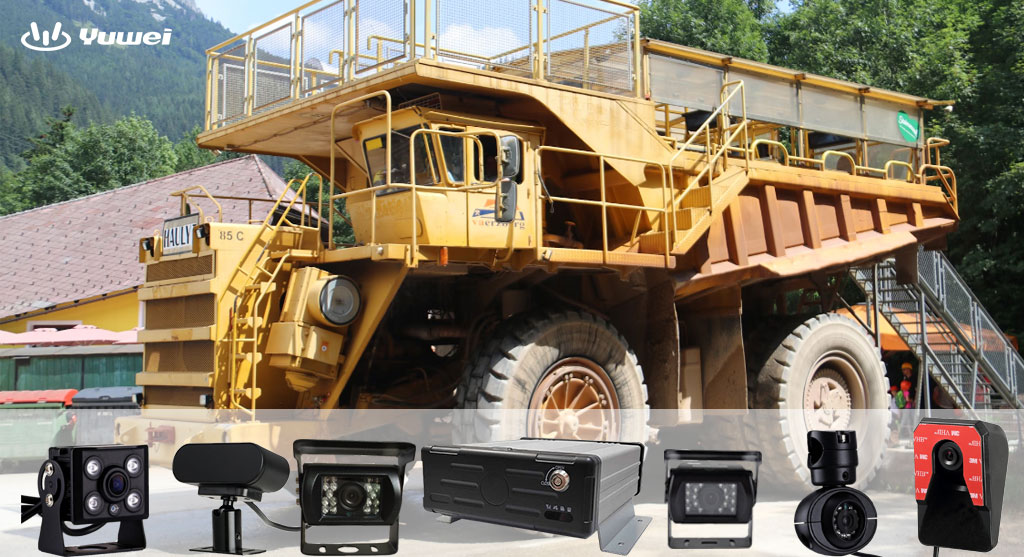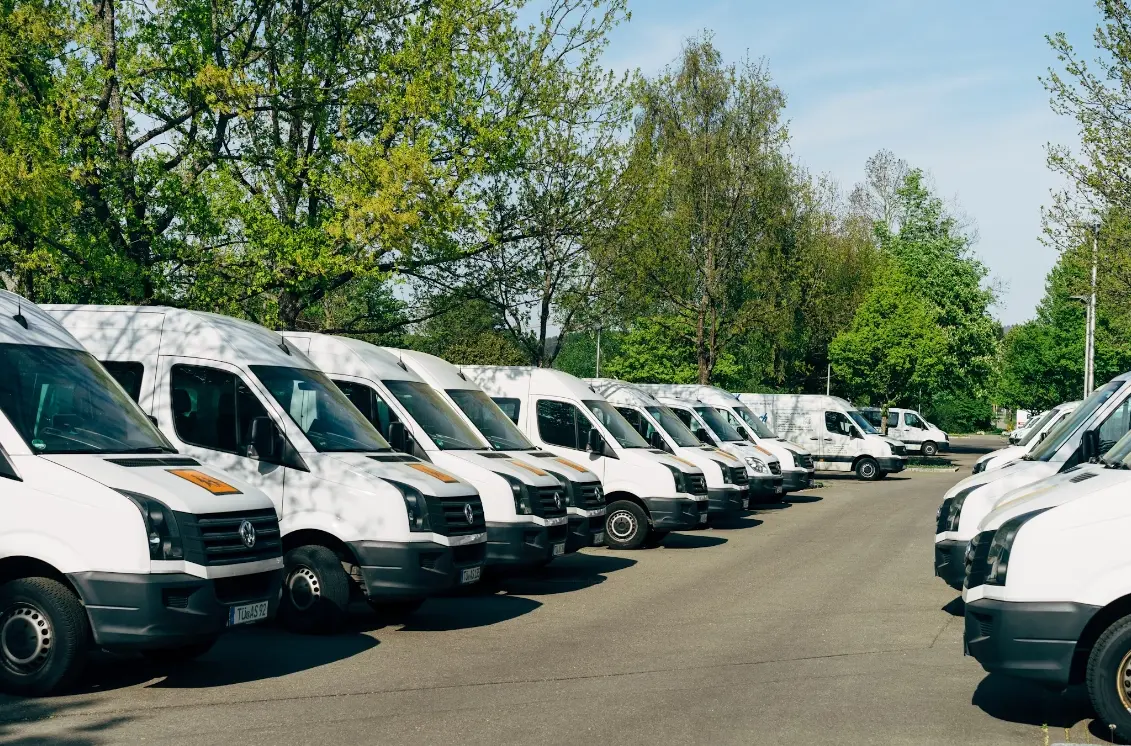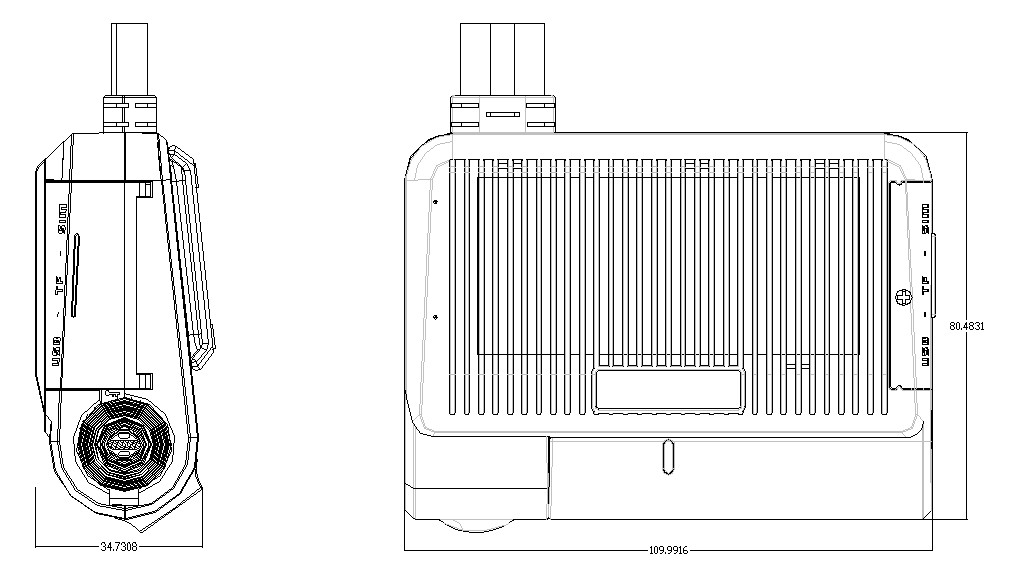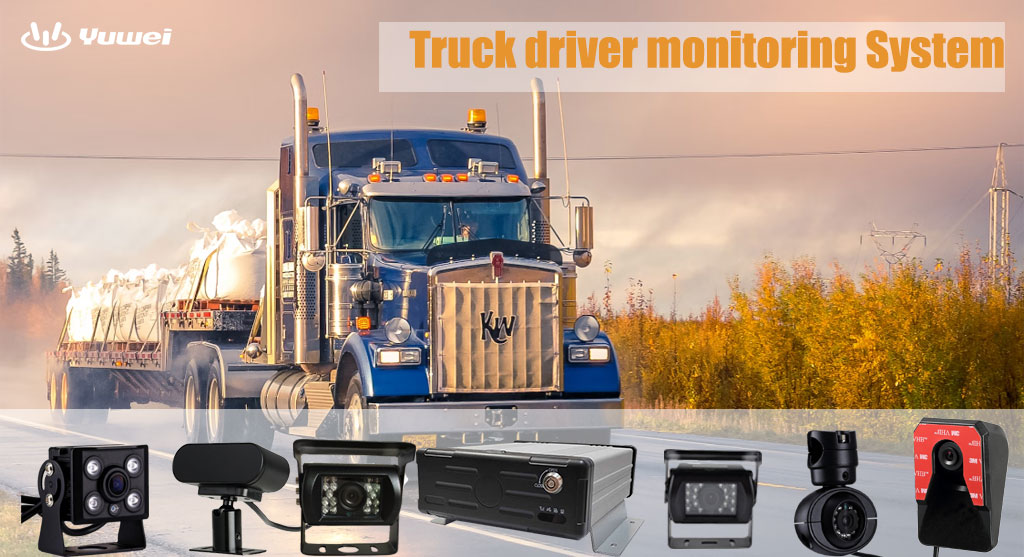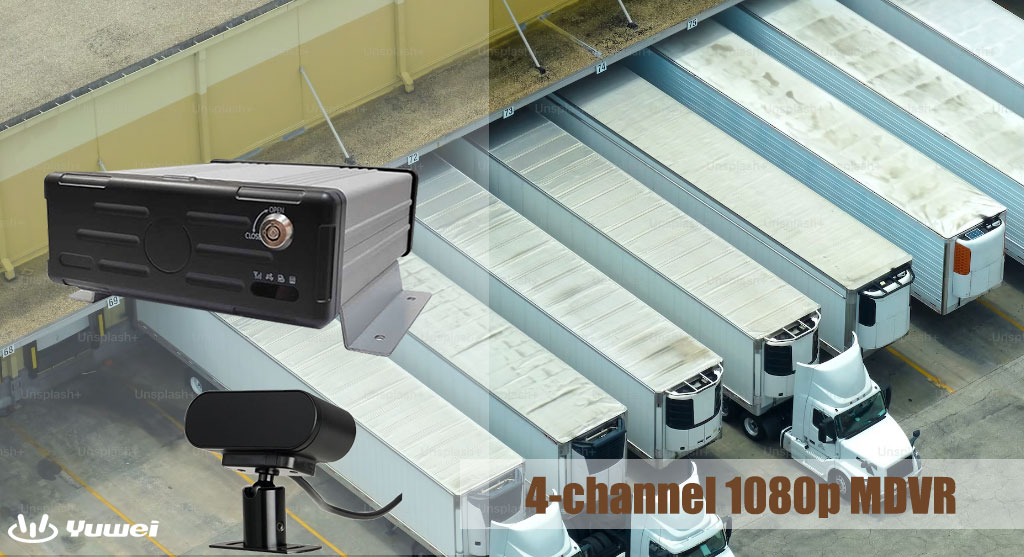Truck GPS with Dash Cam Supplier
The Best Truck GPS with Dash Cam
Currently, most truck drivers use consumer-grade navigation systems such as Waze or Google Maps. However, commercial truck GPS navigation solutions far exceed these consumer-grade systems, addressing the unique complexities faced by heavy-duty trucks. To determine the most suitable truck GPS navigation system for your fleet, it's essential to understand the definition, working principles, and key features to consider when choosing a solution.
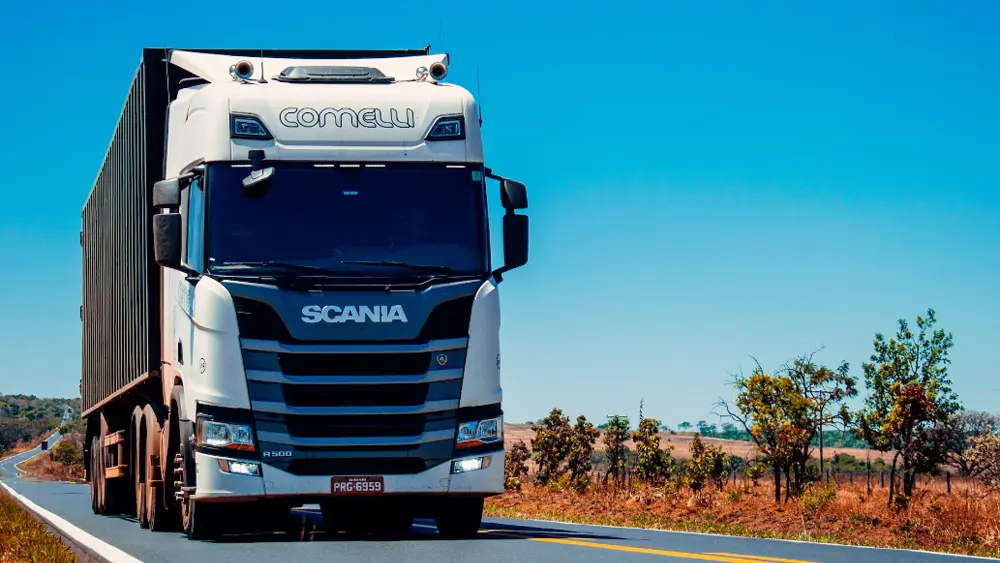
What is Truck GPS Navigation?
Truck GPS navigation, in essence, calculates the most efficient route from the current (or planned) location to the destination, taking into account the unique requirements of heavy-duty vehicles. It focuses on truck-related information such as rest stops, truck parking, bridge heights, weight limits, speed limits, and construction areas.
How Does Truck GPS Navigation Solutions Work?
The core of truck GPS navigation systems is a database maintained by providers, containing truck-specific information. Commercial truck GPS navigation systems communicate with the Global Positioning System (GPS) through phones, remote information processing systems, or specific navigation devices to determine the real-time location, speed, and direction of the truck. Before reaching the destination, drivers input truck specifications and load information, and the navigation system utilizes this data to calculate the most efficient and compliant route.
Differences Between Consumer and Truck GPS Navigation Systems
Truck GPS navigation systems are customized solutions designed to meet the needs of heavy-duty trucks. The distinctions lie primarily in functionality and the user experience. Commercial systems consider factors like truck height and weight, road weight limits, bridge heights, hazardous materials restrictions, service time compliance, rest stops, truck parking, weigh stations, sharp turns, and alerts for abrupt descents. In terms of the user experience, commercial systems provide greater visibility to the backend, allowing for route viewing, planning, scheduling, and updating.
Advantages of Commercial Truck GPS Navigation Systems
Commercial truck GPS navigation systems offer several benefits to your business, including:
Reduced Mileage:Optimizing routes reduces unnecessary mileage, lowering fuel and vehicle wear costs.
Improved On-Time Performance:Minimizing delays enhances customer satisfaction and prevents penalties.
Enhanced Driver Safety:Avoiding hazardous roads, providing speed limit alerts, and prioritizing driver safety.
Increased Compliance:Planning routes compliant with weight restrictions, hazmat rules, and facilitating rest stops to maintain ELD compliance.
The integration of YUWEI's dash cam and GPS is an example of a powerful navigation backend experience.
How to Choose the Best Truck GPS Navigation System
When selecting a truck GPS navigation system, consider key features such as multiple vehicle profiles, road weight and bridge restrictions, speed limit alerts, hazmat compliance, rest stop and parking information. For fleet owners, the system should provide accurate estimated arrival times, easy route planning and scheduling, service time integration, and reporting tools for planned vs. actual performance.
Six Factors for Choosing the Right Truck GPS Navigation Provider:
Navigation Maps and Route Planning
Ensure the provider's navigation maps cover the regions where you frequently operate and include truck-friendly route planning features.
Real-Time Traffic Information
Choose a system that provides real-time traffic information to help drivers navigate more efficiently and reduce delays.
Satellite Signal Coverage
Select a provider with strong satellite signal coverage in various geographical locations, ensuring good signal reception in urban, rural, and mountainous areas.
Real-Time Vehicle Tracking
The provider should offer real-time vehicle tracking functionality, allowing you to monitor the location and status of your fleet at any time.
Reporting and Analysis Tools
A robust GPS navigation system should not only provide real-time data but also have tools for generating reports and analyzing fleet performance.
Integration with Dash Cam
Explore solutions that integrate dash cams with GPS for a more powerful navigation backend experience.
In conclusion, selecting the right truck GPS navigation system is crucial for ensuring the safe and efficient operation of your freight company. For more information, you can directly contact YUWEI's staff via email at hello@fudi360.com.















